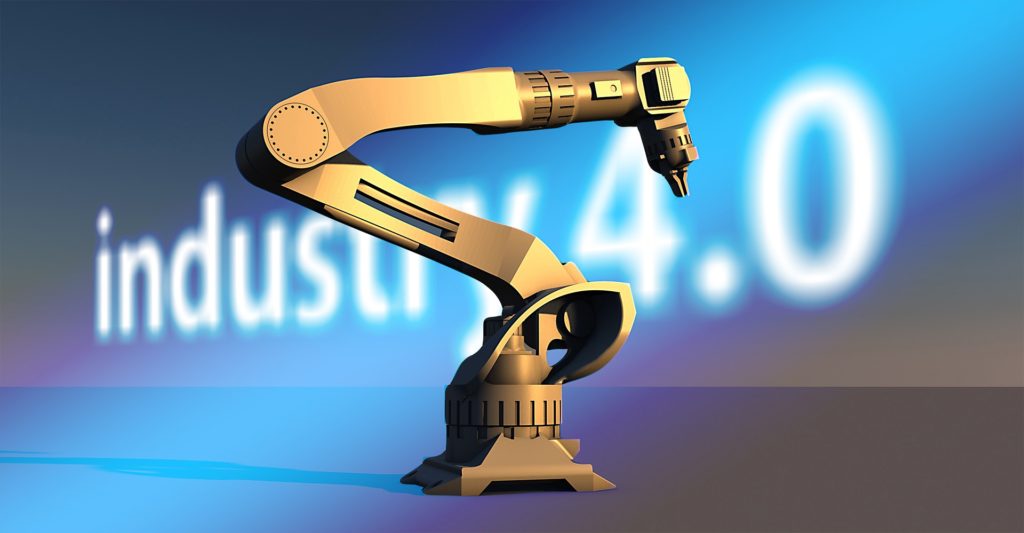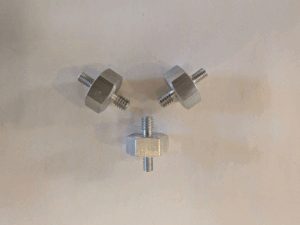Robotics use in small manufacturing job shops is not as common as robotics use in larger factories like auto manufacturers. Several reasons for this divergence are noted in an article from Reuters which referenced a study performed by the Massachusetts Institute of Technology (MIT).
Summary of Reasons for Not Using Robotics
A main reason is that job shops generally do not manufacture the same products over and over on a daily basis. They typically run a variety of smaller batch orders. One of the key benefits of robotics is to handle repetitive tasks. Repetitive tasks are not as common in small shops as they are in larger factories.
Some small manufacturers report uncertainty in receiving blanket or repetitive orders from larger customers. Even if a blanket order is received, there is no guarantee that the order will not be modified or canceled at a later date. Investment in robotics to support these blanket orders are viewed as risky.
From an investment standpoint, job shops typically look for very quick payback periods in terms of months, not years. They will invest in CNC equipment and associated accessories. These machines can be programmed and used on a variety of products. They are not limited to long-term repetitive tasks.
Small manufacturers could also have a barrier in finding and affording people that have expertise in the programming of robots.
A Possible Solution
There are new companies springing up to lease, program and maintain robots. This takes some of the investment risk away from the small manufacturers.
At C&C Machine, we do not currently use any robotics. If the fine folks at MIT were to ask us, our reasons for not using robotics would be similar to what they found in their study.
We do have a fine list of CNC machines, manual machines and light fabrication equipment.
Please let us know how we can be helpful to you.
Check out our blog post on Trends in the Use of Industrial Robots.



